Close-up: Sustainable Fishing in Asia-Pacific
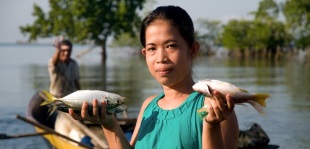
More than eight in ten of the world’s families reliant on fishing for livelihoods live in Asia-Pacific. The coral reefs, mangrove forests, and other coastal ecosystems provide food and economic security for coastal communities across the region. But climate change is taking its toll.
Nowhere in the world is as dependent on healthy fisheries as the Asian Pacific. More than eight in ten of the world’s families reliant on fishing for livelihoods live here. The coral reefs, mangrove forests, and other coastal ecosystems provide food and economic security for coastal communities across the region. But climate change is taking its toll.
Facing global warming and its consequences, Germany’s International Climate Initiative (IKI) is supporting Rare, together with the FAO, Micronesia Conservation Trust, and the Global Island Partnership to empower vulnerable, fisheries-dependent communities in the Philippines, Indonesia, Palau, the Federated States of Micronesia, and the Marshall Islands to adapt to climate change.
Rare is working in 36 municipalities and communities, training local leaders across the five countries in behavior change methods to catalyze adoption of sustainable fishing practices, empower coastal fishing communities to manage their resources and incorporate Ecosystem-based Adaptation (EbA) measures into their management plans (climate change vulnerability analyses will provide recommendations to these local management plans and policies).
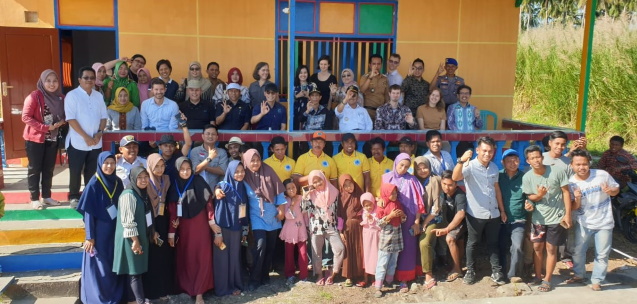
Proven behavior adoption measures and training will strengthen the human, technical and institutional capacity needed from the local to the national level to reduce risks to the small-scale fisheries sector, build resilience, and secure food and livelihoods. Such training will ensure that knowledge and capacity remain in the targeted communities once the project ends. And by capitalizing on the expertise of local implementing partners, the outputs of the project, alongside lessons and best practices, will be anchored into local to national plans and scaled through regional, national, and global working groups.
To implement EbA Through the IKI project, Rare endeavors to build on the promising results Fish Forever has delivered in the Asian Pacific — wherein data found significant biological, ecological and social change and proof that a community-based approach to fisheries management, conservation and restoration is essential to solving overfishing.
Rare is building on this past work, some of which BMU-IKI previously funded, to reach and mainstream EbA across new communities through social marketing and behavior adoption campaigns. The project will strategically apply an ecosystem-based approach to climate change by restoring coastal habitats, such as coral reefs and mangroves, integrating EbA into fisheries management plans from local to national level, enhancing local to national governance, and building social cohesion and trust within and between coastal fishing communities and their governing authorities, among other strategies.
Please also read here also about the BMU-delegation's project visit, led by Norbert Gorißen and Philipp Behrens,in August 2019.
The link has been copied to the clipboard
Contact
IKI Office
Zukunft – Umwelt – Gesellschaft (ZUG) gGmbH
Stresemannstraße 69-71
10963 Berlin




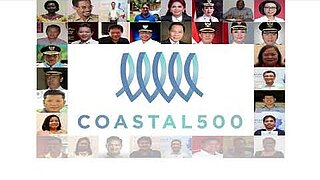

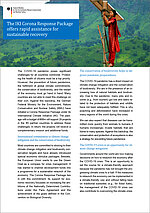
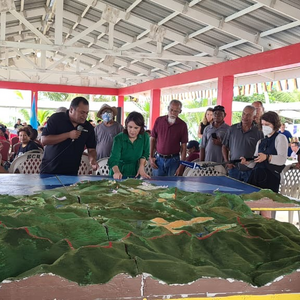


![[Translate to English:]](/legacy/_processed_/5/5/csm_Indien_EE_Solar_Frau_bfcf99c425.jpg)
